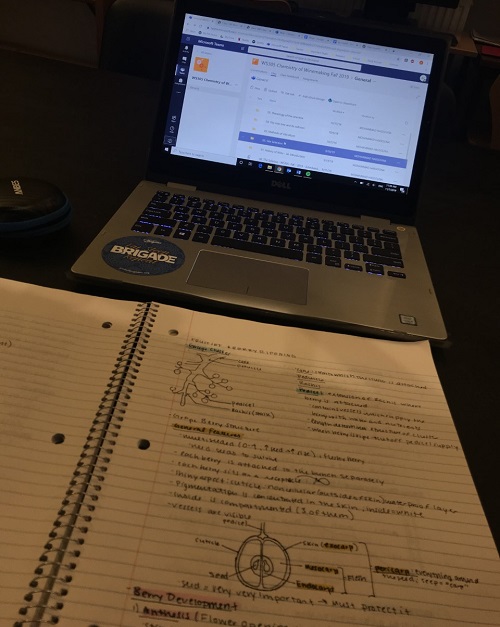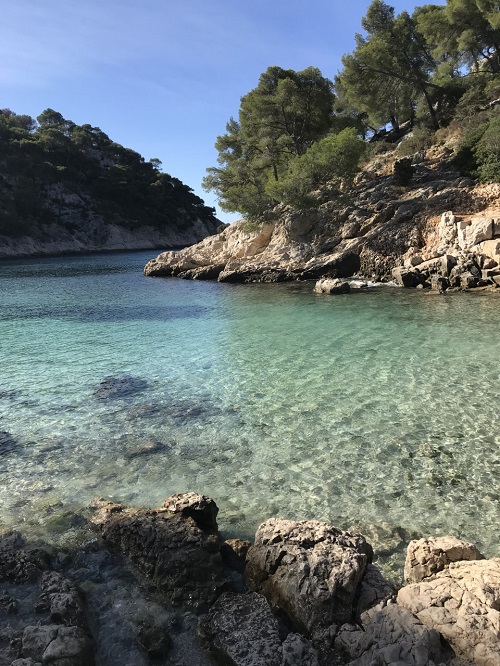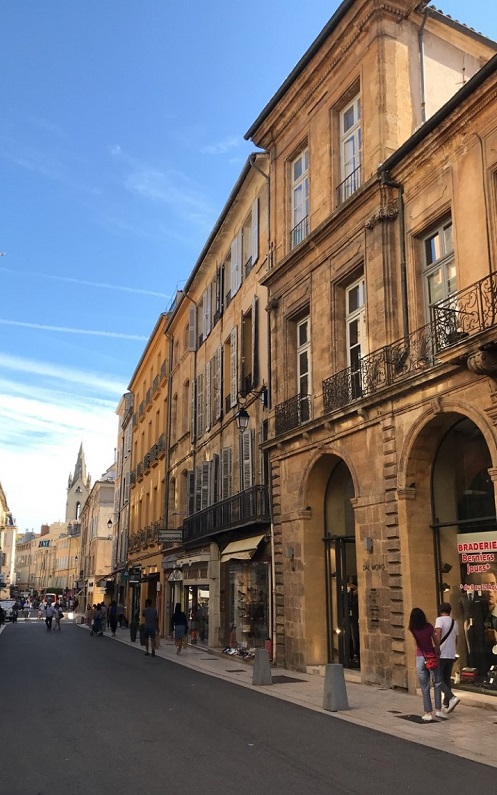If there’s one thing that I could tell my pre-med friends at home, it's that they should most definitely study abroad -- for just a summer, or a semester or year if they can. I think that it is one of the best things that any student can do during their undergraduate experience. I know that it can be daunting to try to fit a semester abroad in with an already packed schedule, but it is most definitely possible and worth the extra work.

My university, like many others, has an extensive list of general education requirements that cover a multitude of disciplines that are outside of my typical area of study. When I take these classes at school, they are typically in addition to my hard sciences and are unfortunately never my main focus. While abroad, I am taking a few general education requirements and without my normal organic chemistry or physics on top of it, I get to channel energy into art, literature, and cultural studies -- things that I enjoyed at home, but never got to strictly study.

I know that being pre-med is difficult already (grades, volunteering, shadowing, research, extracurriculars…), but designing a schedule that allows you to study abroad is worth the extra work. You may have to have a couple more difficult semesters if the program you’re searching for doesn’t have science options, but it’ll all be made up for when you’re sitting in a cafe with fresh-pressed orange juice and the best tropezienne (a Provencal cake) you’ve ever had while reading Cindrillon (Cinderella) for your literature class. It’s also just a fun experience: seeing new cities and countries every other week and meeting new people in hostels or on bus trips, you’ll come home with stories for a lifetime.

If you’re planning on pursuing an education after undergrad -- medical school, dental school, grad school, etc. -- it is important to understand that an opportunity to live in another country for four months may not arise again. In retrospect, studying abroad is also cheaper than if you were to try to live on your own after school, too -- which is something that my parents and I were drawn to. But I think that the most valuable lesson that you can learn from a study abroad program experience is how to be comfortable with the uncomfortable. From holding up a line in a boulangerie because the worker asked me a question that I didn’t understand, to having to navigate a new route to your destination after your canceled train leaves you stranded in rural Spain, I now know how to deal with issues on the spot with more confidence. Getting the chance to be in a situation that is constantly new and changing is something that my future self will be grateful for, as I know that it will help me become better at thinking on the spot and working through difficult situations.
Studying abroad is life-changing, and that’s not a cliche. You’re living in a foreign country for four months and having to adapt to new languages, food, culture, and way of life. It is an impressive and fulfilling accomplishment that will surely impress a potential grad school and, more importantly, yourself.

Alison Chilcott is a CEA Content Contributor studying abroad in Aix-en-Provence, France, during the Fall 2019 semester. She is currently a student at the University of Pittsburgh.









